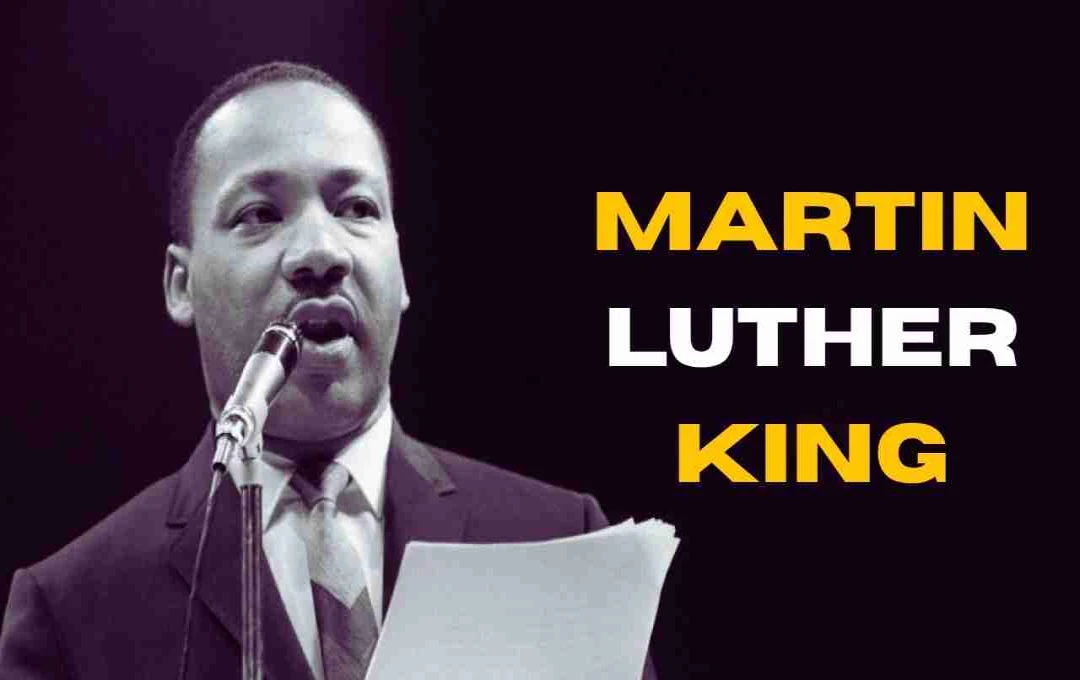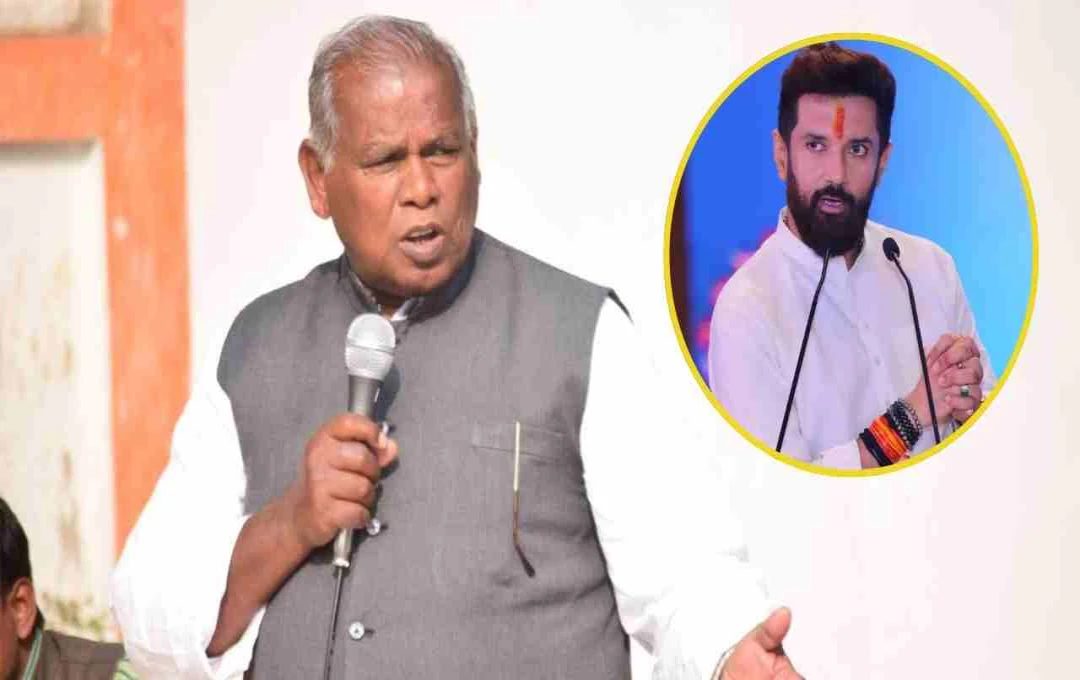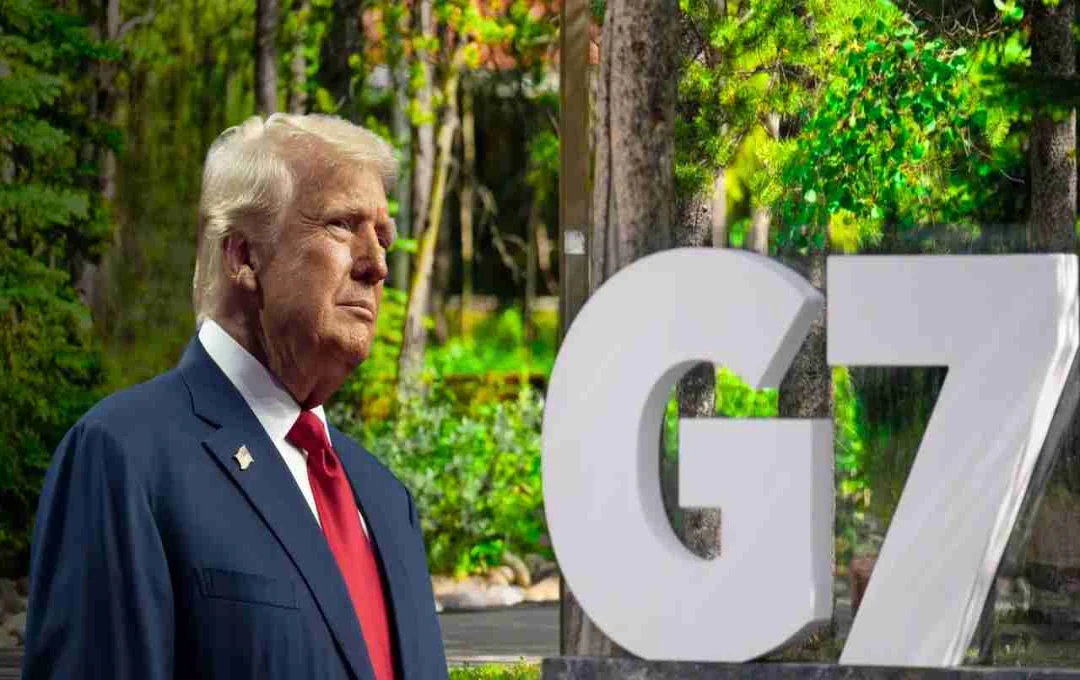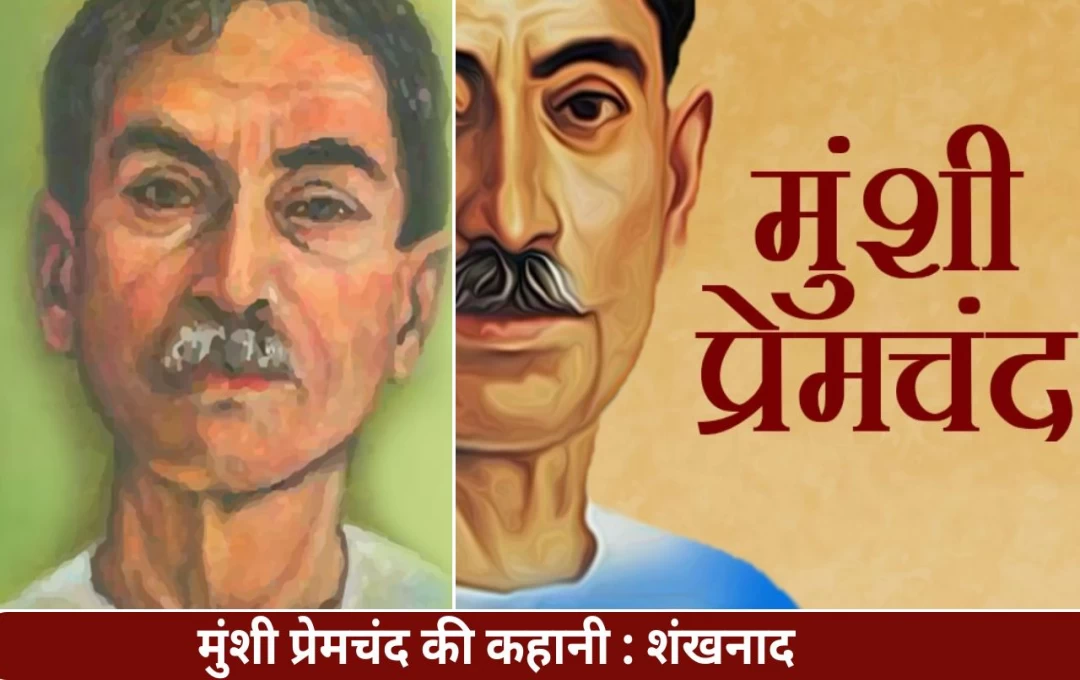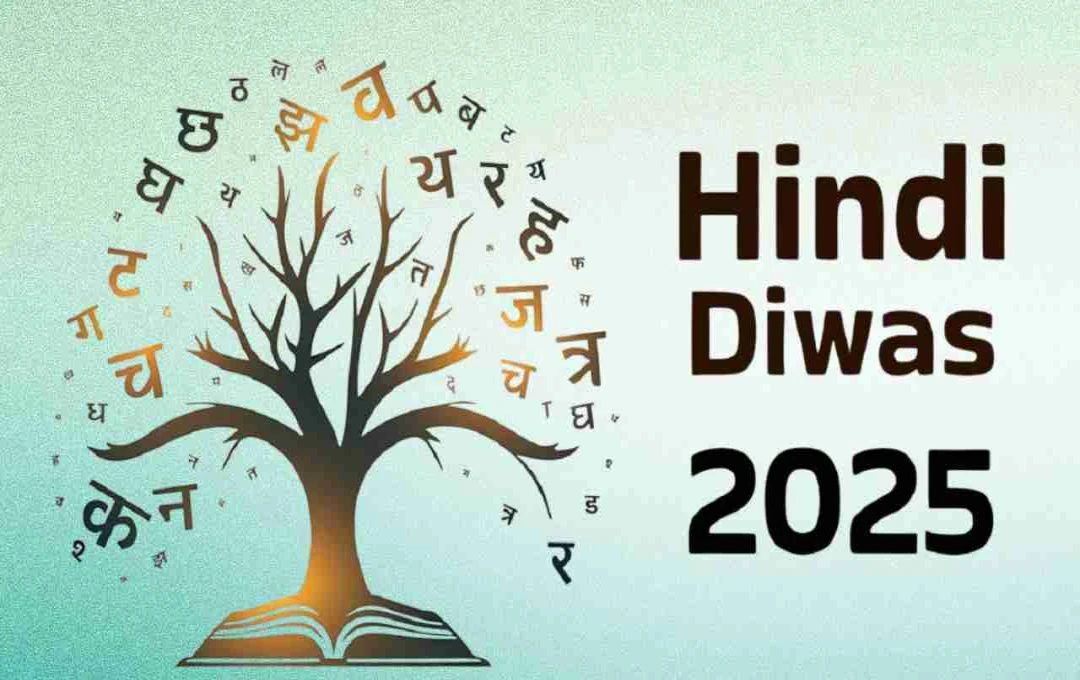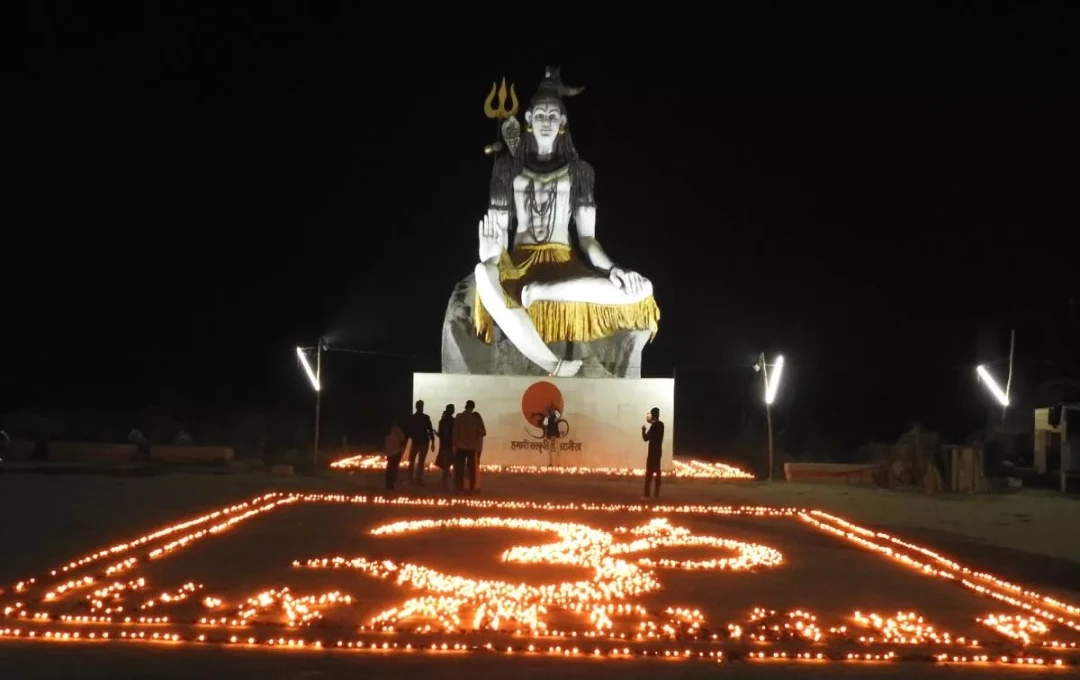Martin Luther King Jr. is not merely a name, but a symbol in human history who proved that even deeply entrenched unjust systems within a society can be changed without violence. Born in 1929, this American civil rights leader left such an indelible mark in his mere 39 years that it continues to guide the world today.
America Bound by the Chains of Racism
Until the mid-twentieth century, the Black community in America was considered second-class citizens. Schools, buses, restaurants, hospitals—everywhere, separate 'White' and 'Colored' signs were posted. Black people had limited voting rights and faced violence and social scorn. It was at such a time that King decided that this unjust system had to be challenged.
Early Life and Family Values
Born in Atlanta, Georgia, King spent his childhood in a religious environment. His father was a Baptist pastor who instilled in him the values of truth, honesty, and equality. As a child, when the parents of his white friend stopped them from playing together, King realized for the first time that racism was not just a personal experience but a social structure. His father's courageous examples—such as telling a policeman, "I am not a boy, I am a man"—taught him to stand up against injustice.
Education and Expansion of Ideas
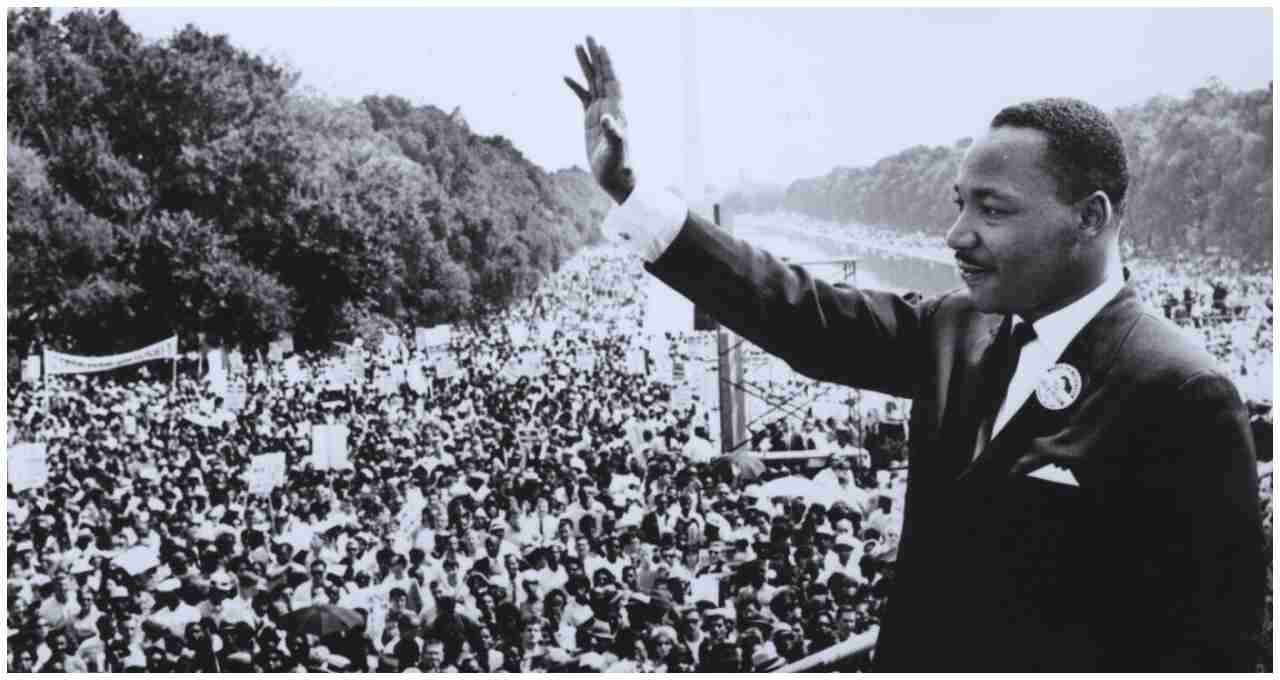
King's education reshaped his personality. At Morehouse College and later at Boston University, he studied theology, sociology, and moral philosophy. It was here that he read about Mahatma Gandhi's concepts of non-violence and Satyagraha. Gandhi's ideas convinced King that violence could only be countered with non-violence. This philosophy became the backbone of his movement.
Leading the Civil Rights Movement
The 1955 Montgomery Bus Boycott marked the beginning of King's leadership. Rosa Parks, a Black woman, was arrested simply because she refused to give up her seat to a white man on a bus. This incident mobilized the Black community. King called for a peaceful boycott. The movement, which lasted 381 days, not only ended discriminatory laws on buses but also established King as a national leader.
'I Have a Dream': A Revolution Forged with Words
The 1963 March on Washington was one of the largest gatherings in American history. Here, King delivered his famous 'I Have a Dream' speech. His words—"I have a dream that one day this nation will rise up and live out the true meaning of its creed: 'We hold these truths to be self-evident, that all men are created equal.'"—was not just a political statement; it was a moral appeal that touched the hearts of millions of Americans.
Struggle, Criticism, and Courage
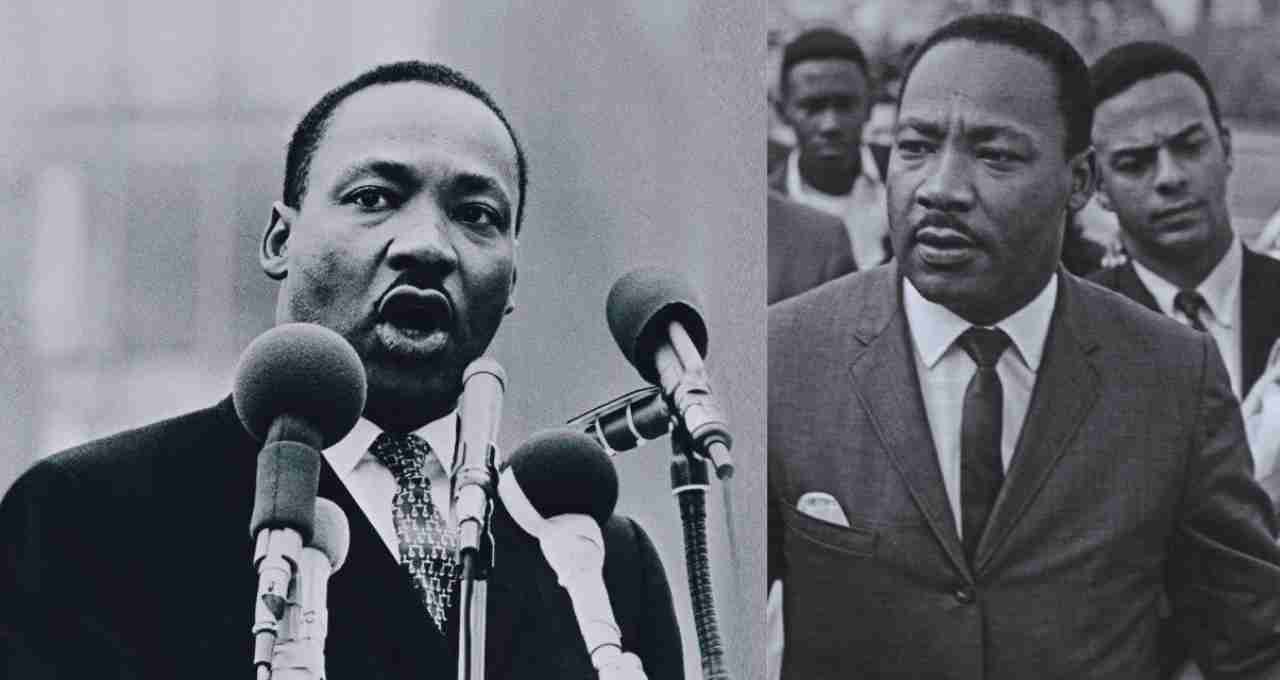
King's life was not without its challenges. The FBI considered him a 'radical' and monitored him. His private life was interfered with, threatening letters were sent, and even attempts were made to incite him to suicide. He was jailed several times, faced violence, but he never compromised his principles. He knew that the path to real change is difficult, but permanent.
Final Years and Immortal Legacy
In 1968, while preparing for the Poor People’s Campaign against poverty and the Vietnam War, King was assassinated in Memphis, Tennessee. His death sparked riots in America, but in the long run, his dream came true—laws like the Civil Rights Act (1964), the Voting Rights Act (1965), and the Fair Housing Act (1968) were enacted. Today, his birthday is celebrated as a national holiday (Martin Luther King Jr. Day), and the memorial built in his memory in Washington, D.C., shows that the path of non-violence is never in vain.
Martin Luther King Jr.'s life is proof that courage, patience, and non-violence can change even deeply rooted unjust systems in society. His ideas are just as relevant today, as forms of discrimination and inequality still exist in the world. We should take inspiration from his teachings and move towards a society where equality, love, and justice prevail.
